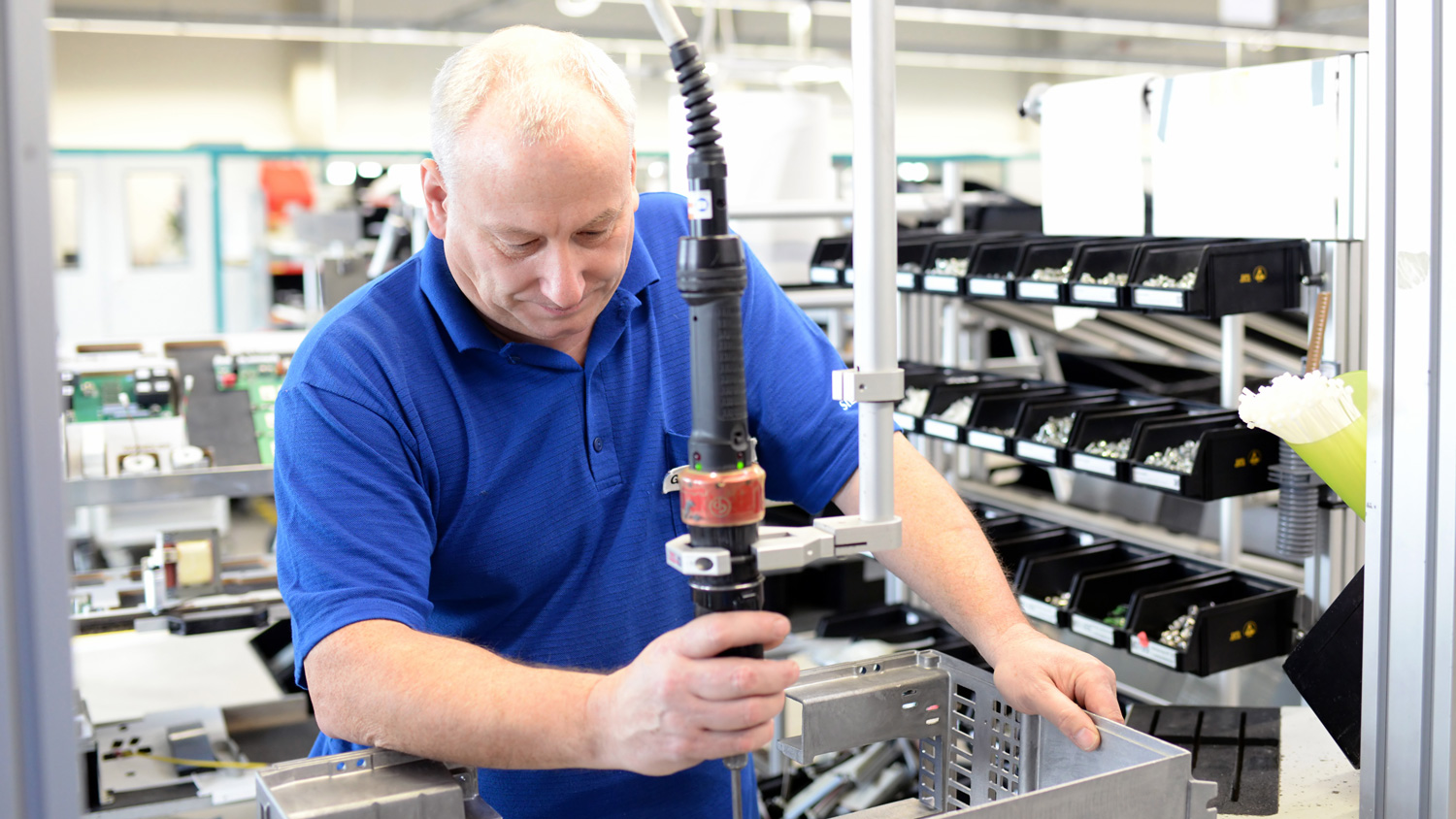Are you still working? Planning to Retire? Working hard, saving, and retiring by 65 has arguably long been part of the American Dream. Now this norm is changing. The evidence: Americans 65 and older are the fastest growing segment in the workforce! Let's take a look at why that's happening and how it may benefit the way we age.

If you're 65 years of age or more and still working you're 1 of 13 million older Americans who continue earning a paycheck. That surprising increase in later life workforce participation points in part to improvements Boomers have made in life long health. Good health is, after all, an essential when applying for a job or going to work full time. Yet while health enables us to shoulder a workload its often finances that are the motivator to continue in a profession.
Perhaps you've already heard that our generation as a whole is financially unprepared for retirement? According to the Pension Policy Center and Pension Rights Center half of all Americans 65 years of age and older earn no more than 24,224 annually from all sources. Those folks have nothing saved for retirement. Even a six figure earner has only $200,000 saved on average according to Bloomberg.com. Pension plans, where they still exist, have recently been weakened by legislation and 401K's can be eroded by losing investments or a down market as most people invested in 2008 will affirm. Many workers have no retirement plan through their employer. Uncertainty about the future of social security and concerns about the cost of and changes in long term care insurance complicate retirement planning. Worry about how to handle potential sudden illness factors into the question: do we have enough?

Lack of financial preparedness is a stick motivation. The carrot is job satisfaction. One aspect of satisfaction that couples seek is the pleasure of retiring together and, consequently, some people work longer while waiting for their spouse to retire. Simple workplace satisfaction alone though is enough to compel many. Pursuing professional goals, making civic contributions, or enjoying the feeling of excelling at work are chief motivators for working past 65.
How does working late in life impact the way we age? Research is still coming in but early studies suggest that work helps us retain cognitive health and supports overall wellness. A recent CDC study showed that workers who are 65 plus are three times more likely than retirees to be in good health and report half the incidence of serious disease. Harvard Health cites research findings that connect working past retirement age to longevity though these positive benefits, authors caution, are individual. Christopher Farrell, writing in the The New York Times says benefits derive from the fact that work offers socialization, purpose, routine, and a reason to get up each morning. Statistics have long documented that retirement can lead to an increase in sedentary time and increasing isolation. Some studies suggest 15 percent of retirees spend the majority of their time alone. Work provides identity, a framework for our days and it fills the need to be needed. It's easy to understand how work can be a benefit in our later years.
With staggering statistics on the lack of financial retirement preparedness you may be working past 65 now or planning to do so. Your conscious motivation may be financial but research is suggesting that working late in life offers an important hidden health benefit: staying in touch with working life can improve wellness and physical and cognitive strength. Check your expectations. Retirement may not be what you think it will be and working past retirement might hold more than you assume.
Update Aug 2020: Are major companies starting to cater to older Americans in the workforce? Aegon N.V., a global insurer studies retirement and calls for an end to mandatory retirement ages, more support for aging workers, and a "reimagining" of worklife after 65.

